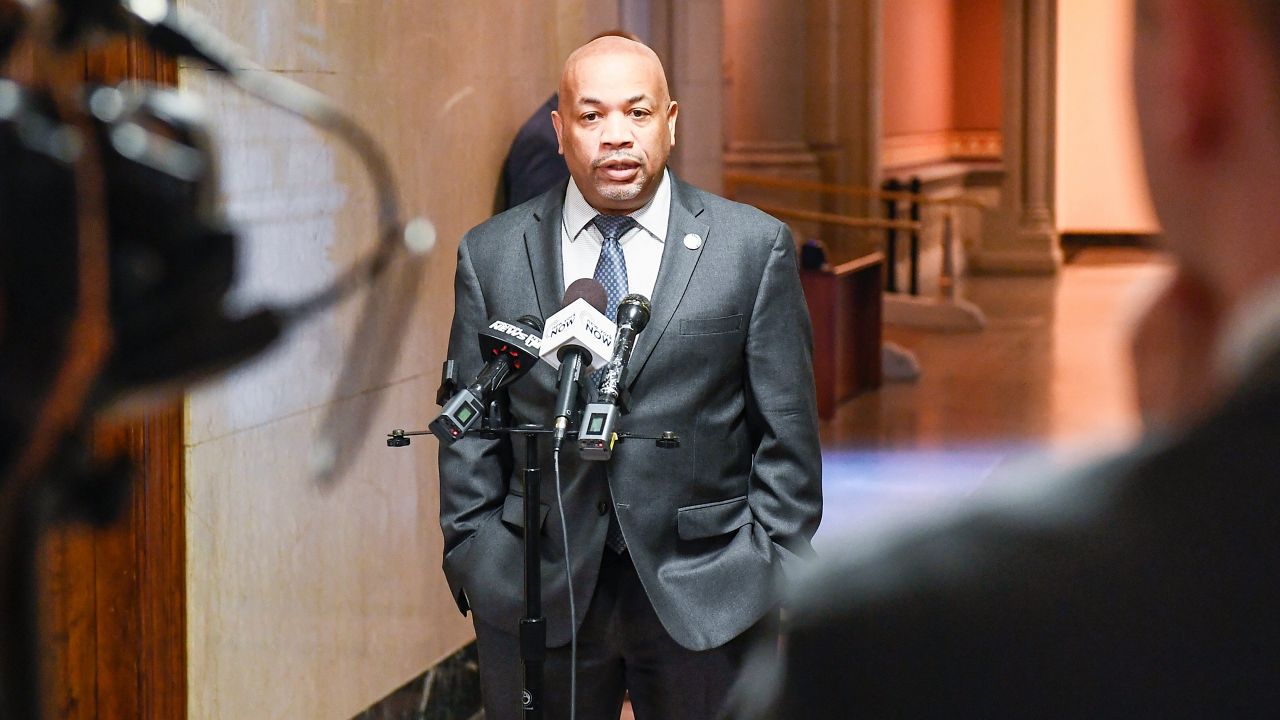Utilities around New York state are predicting that home heating bills will spike this winter.
The higher prices are due to an increase in wholesale energy prices as well as rate increases approved by the PSC. One example: National Grid predicts a 39% hike for residential gas customers who use an average of 713 therms between Nov. 1 and March 30.
That’s about $263 more than last winter’s gas bills.
Things are not quite as dire in Central New York, where residential customers of National Grid are forecast to pay about $22 more than last year.
If you’re a National Grid electricity customer, your winter heating bill will be higher by around $116 more than last year, depending on how toasty you like to keep your home.
The good news is that if you act now, you may be able to control how high your bills get.
According to Russ Haven, General Counsel for the New York Public Interest Research Group (NYPIRG), you may qualify for a free energy audit through the state of New York.
“You can look for qualified NYSEDA certified contractors who will come and inspect your house and audit it for efficiency,” he said.
Click here for more information.
If you know your home is drafty, Haven recommends fixing the problem yourself.
“The do-it-yourself stuff isn’t that difficult. It could be weather-stripping around doors or windows. You want to seal in all the cracks, prevent drafts. Those are the things that make us feel cold and suck the heat out of your house during the winter,” he said.
Additionally, Haven recommends that you contact National Grid, NYSED, Central Hudson Gas & Electric now, before it gets cold, and ask for a payment plan that amortizes costs over the course of an entire year.
“That’s what’s called a budget plan and what it does is it levelizes your heating and electric costs over 12 months, so that you have a predictable amount that you’re going to pay each month,” Haven explained. “So instead of a thousand-dollar bill in February, you’d get maybe a $400 bill every month.”
NYPIRG has also created a “Fuel Buyers Group” which negotiates with home heating providers using the combined purchasing power of their members to get a lower price.
For more information, visit https://www.nypirg.org/fbg/.










